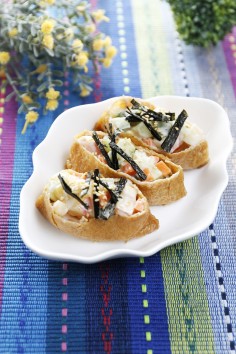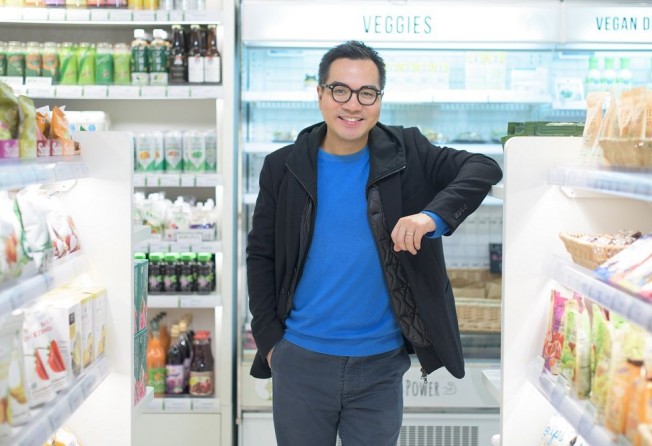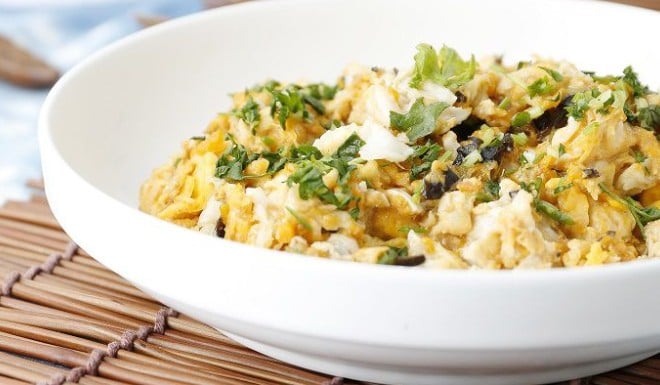
Jockey Club and green groups encourage vegetarian cooking in meat-eating Hong Kong
Hongkongers eat more than double the meat of their US counterparts, but their diets could change with next month's start of a vegetarian cooking programme, Green it Yourself

Most of us like to consider ourselves environmentally aware. We’ve changed our light bulbs; stopped or at least cut down on buying bottled water; and sort recyclables from trash. Yet, according to David Yeung, co-founder of Green Monday, a social enterprise established in 2012, you can’t be a hand-on-heart greenie and vociferous carnivore at the same time.
“The excessive consumption of meat and resulting food wastage pose a huge burden to our planet,” he says. “Eating green has evolved to be a lifestyle, to show love for ourselves, loved ones and the earth.”
That might be hard for some to swallow in the meat-eating capital of the world. According to Beef2Live’s 2015 ranking, Hongkongers top the chart for carnivorous consumption, gobbling 56kg of beef each, per capita, per year. That's reportedly more than double the intake of Americans and Australians.
As part of a greener lifestyle, then, it seems logical to switch to more plant-based eating. Online resources can help with the transition.

The veg-curious can also key into www.happycow.net. This website debunks the myth of vegetarians and vegans eating little more than lettuce. It has also developed an app to help travellers find a local vegan or vegetarian restaurant anywhere in the world.
The animal-welfare organisation People for the Ethical Treatment of Animals (Peta) website advises readers how to go vegan “in three easy steps”, starting with what to buy, how to prepare it, and tips on eating vegan while you’re out.

Your change of diet can also help to save the planet by conserving water. According to the International Fund for Agricultural Development, a specialised agency of the United Nations, it takes 1,000-3,000 litres of water to produce one kilogram of rice, but 13,000 to 15,000 litres of water to produce the same weight of beef. You’ll also help slow global warming. Researchers at Britain's Oxford University say livestock accounts for more than 14 per cent of all greenhouse-gas emissions. Such dietary changes would have huge economic benefits, leading to savings of US$700-US$1,000 billion per year globally in health care, unpaid informal care and lost working days, according to one of the university's researchers, Marco Springmann.
In the coming weeks, Hongkongers can learn how to cook vegetarian food at home, thanks to a Green it Yourself programme funded by the Hong Kong Jockey Club.
Starting in July, a series of monthly cooking demonstrations will be held at selected Link-run wet markets, as well as at the cooking studios of various culinary partners. A MasterChef-style vegetarian cook-off will also be staged during the promotion, and a 52-recipe bilingual vegetarian cookbook is being produced. For details, visit the Green Monday web site http://greenmonday.org/.